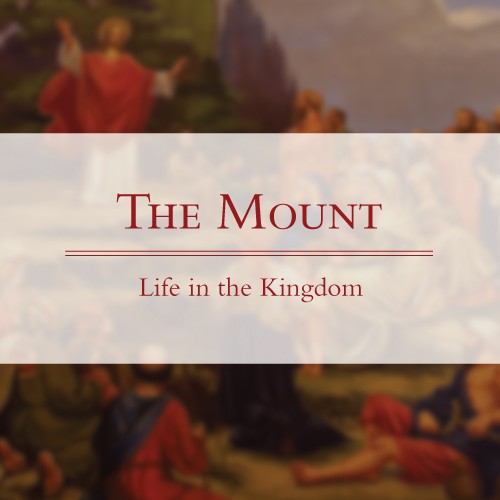Sermon
The Healing of Anger
By Tim Keller

Tim Keller | March 21, 1999
Jesus introduces a revolutionary kingdom in the Sermon on the Mount. He contrasts the pattern, power, and product of two kingdoms: the old one which we are currently under, and the new one which is to come. Jesus’ teaching goes against every natural instinct, and represents a reversal of the world’s values.